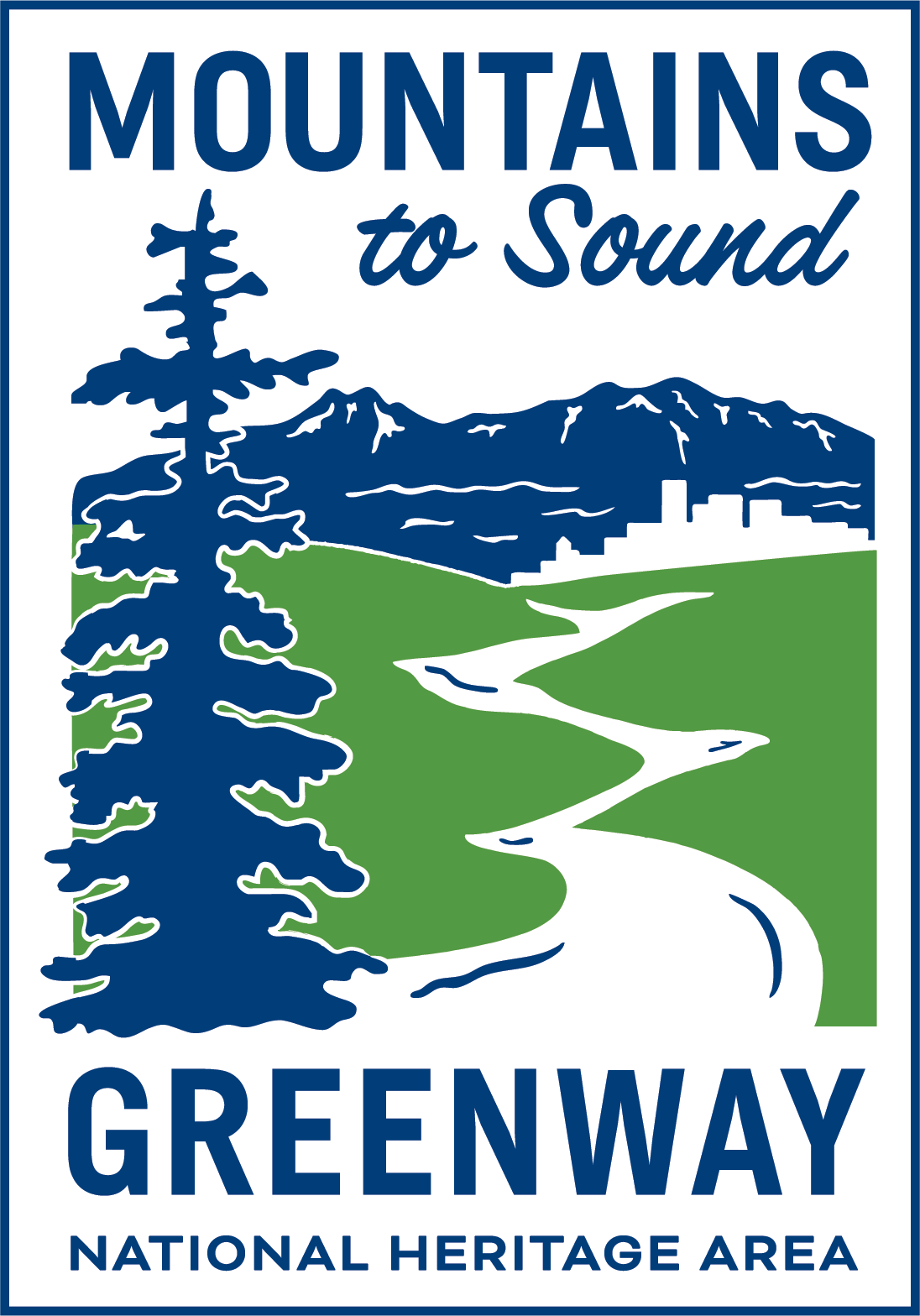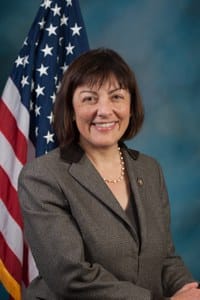Growing Support for Mountains to Sound Greenway National Heritage Area
A local effort to have Congress designate the Mountains to Sound Greenway as a National Heritage Area gained another critical boost this week. Monday, U.S. Representative Suzan DelBene signed on as a cosponsor of H.R. 1785, the Mountains to Sound Greenway National Heritage Act. This bipartisan legislation was introduced by Congressman Dave Reichert in late April, and DelBene joins Representatives Adam Smith and Jim McDermott as cosponsors.
Every member of our congressional delegation who represents communities within the Greenway is now officially supporting this effort. The strong backing from the delegation mirrors the extensive support from a variety of stakeholders in the Greenway including hundreds of individuals, major businesses like Microsoft, Plum Creek Timber and Puget Sound Energy, the governments of King and Kittitas County and the State of Washington, and nonprofits such as Trout Unlimited and the Washington Trails Association.
“The Mountains to Sound Greenway is a nationally-significant landscape, rich with beautiful forests, farms, rivers, wildlife and many recreational opportunities for people to enjoy. Its conservation is a top priority. In Washington we understand the value of preserving this unique landscape, and I am pleased to work with Representatives Reichert, Smith and McDermott toward establishing the Pacific Northwest’s first National Heritage Area,” says Congresswoman DelBene.
“National Heritage Area designation of the Mountains to Sound Greenway will showcase the remarkable balance between a flourishing economy, strong urban and rural lifestyles, and access to recreation and nature that we all enjoy in our region. With this official recognition, we will have an opportunity to demonstrate to the entire country that the Greenway is a national treasure,” says Bill Chapman, Greenway Trust President. “We are thrilled to have Congressman DelBene co-sponsoring this important bipartisan legislation, and we look forward to a companion bill in the Senate.”
The 1.5 million acre Mountains to Sound Greenway stretches from Seattle to Ellensburg, incorporating 1.4 million people across three major watersheds. Within the Greenway, the 15th largest metropolitan area in the country sits next to rural communities, farms, working forests and recovering salmon runs. “Balancing the desires and needs of our booming urban population with those of our rural residents will require long-term collaboration”, says Doug Schindler, Deputy Director of the Greenway Trust. “We have many different types of recreational users, from equestrians, hikers, river rafters, snowmobilers and hunters. We need to ensure our farmers can farm, that our salmon runs are recovering, that we are dealing with rural flooding issues and catastrophic wildfire issues in Kittitas County. Our public land managers are struggling to provide all the benefits we want from our public land and need more help. We have a special place here in the far northwest corner of the US, and to sustain it long-term will require great collaboration between all of us in the region.”
A National Heritage Area is a large, lived-in area designated by the United States Congress where natural, cultural, historic and recreational resources combine to form a landscape of national distinction. To create the Greenway National Heritage Area, legislation will need to be passed in both the House and the Senate. The House bill has been introduced and is awaiting review in the House Committee on Natural Resources. Supporters are working with Senators Cantwell and Murray and expect Senate legislation to be introduced later this summer.
National Heritage Area designation offers a uniquely flexible model for collaboration between residents, government agencies, nonprofit groups and private partners. Greenway Heritage legislation is carefully crafted to enable this collaboration without adding any new regulatory authority, increasing federal oversight or legislating any changes to water, hunting, fishing or private property rights; that creates an opportunity for more efficient and cost-effective management of public lands. This voluntary framework for cooperation would bolster the efforts of the past two decades to preserve rural character and support working farms and forests.
To learn more about this effort and to voice your support to Congress, visit www.GreenwayHeritage.org





